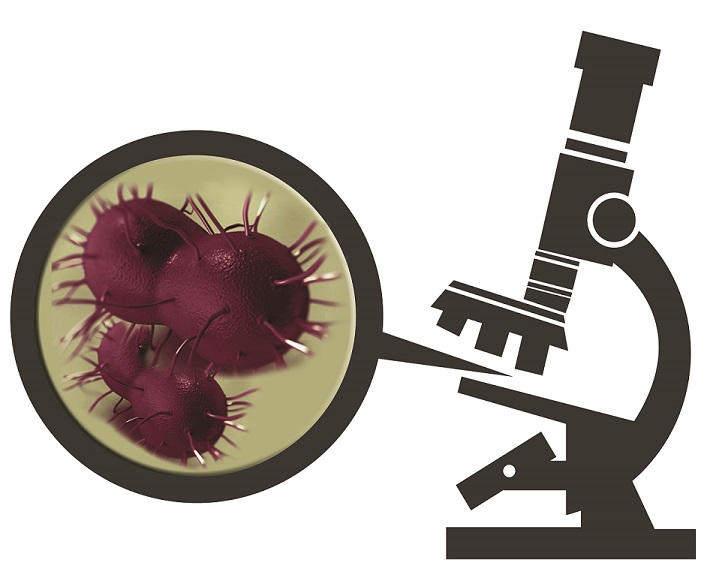At a glance
- Find resources to help with laboratory-based detection for Neisseria gonorrhoeae, including antimicrobial susceptibility testing.

Suspected gonorrhea treatment failure
- Healthcare providers and health departments can report suspected treatment failure through the Suspected Gonorrhea Treatment Failure Consultation Form. This includes cephalosporin treatment failure or any N. gonorrhoeae specimen with decreased cephalosporin susceptibility.
- For questions about reporting a suspected treatment failure or resistant case, please email: GCFAILURE@cdc.gov
- Isolates may be submitted to the CDC STD Lab for confirmatory testing when gonorrhea infections fail to respond to CDC-recommended therapy or isolates exhibit intermediate resistance or resistance.
Resources
United States
- Food and Drug Administration (FDA) Report a problem with a product
- Clinical Laboratory Improvement Amendments (CLIA) For details on technical standards and laboratory practice guidelines
- American Type Culture Collection (ATCC) Reference strain collection
- The Association of Public Health Laboratories (APHL) Association of U.S. public health laboratories in all 50 states and six territories
International-multinational
WHO
- Manual for the laboratory identification and antimicrobial susceptibility testing of bacterial pathogens of public health concern in the developing world (see chapter six)
- WHO Global Gonococcal Antimicrobial Surveillance Program (GASP) Documents the emergence and spread of AMR in gonorrhea globally
Australia
Australian Gonococcal Surveillance Programme (AGSP) annual reports
Canada
Public Health Agency of Canada's National Microbiology Laboratory
United Kingdom
Culture Collections including the National Collection of Type Cultures (NCTC) for bacteria
